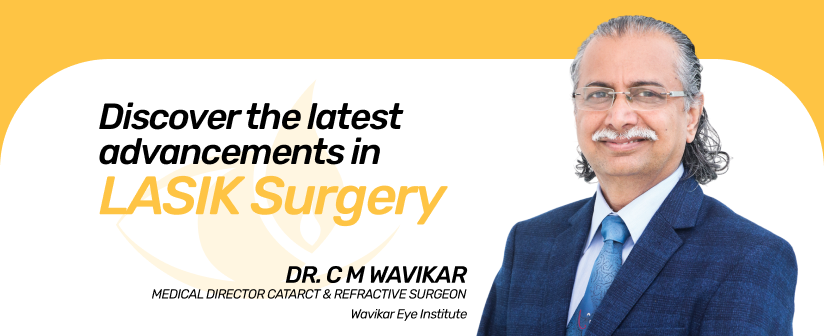A cataract is the clouding of a naturally clear lens of the eye. It happens when the protein in the natural lens breaks down. This results in blurry or foggy vision and sometimes difficulty in night driving. A cataract develops slowly over time, and you might not notice you have one until it starts to impair your sight.
What are the Symptoms of Cataract?
Although you won’t notice you have a cataract when they start forming, if you see this symptom, you should see your doctor:
- Blurry or foggy vision
- Double vision
- Need for brighter light to read
- Regular need to change your glasses
- Sensitivity to bright light
- Changes in the way you see color
- Poor night vision
What Causes Cataracts?
Cataracts are most often caused by normal eye changes as you get older. Your eye lens is clear when you’re young. The proteins in your eye’s lens begin to degrade and clump together as the age increases. This clump causes a white spot on your lens, known as a cataract. With time the clouding of the lens worsens which then affects your vision.
A cataract is most common among older people. as a part of ageing phenomenon. However, children can also have cataracts due to a congenital disability. The other causes are trauma, some inherited genetic disorders, long-term steroid medications etc
How can it be treated?
Cataracts can treatment only by surgery. If the grade of the cataract is less, then the doctor can give you glasses so that you can have clear vision till such a time when the cataract increases in density. At Wavikar Eye Institute we carry out a series of tests preoperatively to determine the eyes condition and to check which type & power of lens is best suitable for you. Cataract surgery can be done with Femto laser (LenSx) or phacoemulsification. Femtolaser (LenSx ) assisted cataract surgery improves precision, enhances safety, and gives a more predicted visual outcome. Depending upon the test results, your doctor will suggest a suitable (monofocal / trifocal/ quadrifocal /toric) lens for you. With all these modern operative technologies you can resume your work as early as 3-5 days after surgery.









